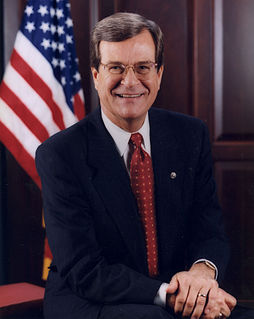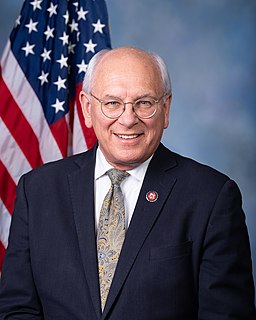A Quote by Bella Abzug
In Britain the government has to come down in front of Parliament every day to explain its actions, but here the President never answers directly to Congress.
Related Quotes
Europe has shown how government can be organised in a network. Its institutions both compete and co-operate and include a directly elected parliament that does not appoint the executive, independent judiciaries and a complex set of relationships between the Commission, the Council of Ministers and the Parliament.
President Barack Obama couldn't bring everything into existence through Congress. Because from the day that he was elected president of the United States, the United States Congress, many of the Republicans met, and they declared that they would never allow his legislative program to succeed. And for eight years they fought him.
Since when do we let the government decide what is or isn't good for us? What the hell does Congress know about nutrition, anyway?... If the government can use force whenever something is "in our best interest" then government should force everyone to wake up at 6am every morning for calisthenics in the front yard. Fast food establishments should be torn down and replaced with bars that serve carrot juice and alfalfa sprouts, since - "it's in your best interest." This paternalistic attitude that "the government knows best" and that you are merely a helpless child is insulting and reprehensible.
Let me make it clear that I do not assert that a President and the Congress must on all points agree with each other at all times. Many times in history there has been complete disagreement between the two branches of the Government, and in these disagreements sometimes the Congress has won and sometimes the President has won. But during the Administration of the present President we have had neither agreement nor a clear-cut battle.
We've never had our injustices rectified from the top, from the president or Congress, or the Supreme Court, no matter what we learned in junior high school about how we have three branches of government, and we have checks and balances, and what a lovely system. No. The changes, important changes that we've had in history, have not come from those three branches of government. They have reacted to social movements.
I believe that the Constitution is not hostile to the idea that national problems can be solved at the national level through the cooperative efforts of the three coequal branches of government, the Congress, the executive and courts. But not every president, not every legislator and not every judge agrees that the federal government has the power to address and to try to remedy the twin national problems of poverty and access to equal opportunity.
Every time that a man who is not an absolute fool presents you with a
question he considers very problematic after giving it careful thought,
distrust those quick answers that come to the mind of someone who has
considered it only briefly or not at all. These answers are usually
simplistic views lacking in consistency, which explain nothing, or which do
not bear examination.
I can't imagine that I would be asked that by the president-elect [Donald Trump], or then-president [Barack Obama]. But it's - I'm very clear. I voted for the change that put the Army Field Manual in place as a member of Congress. I understand that law very, very quickly and am also deeply aware that any changes to that will come through Congress and the president.
In a democracy the responsibility for the Government's economic policies, which so affect the economy, normally rests with the elected representative of the people: in our case, with the President and the Congress. If these two follow economic policies inimical to the general welfare, they are accountable to the people for their actions on election day. With Federal Reserve independence, however, a body of men exist who control one of the most powerful levers moving the economy and who are responsible to no one.




































